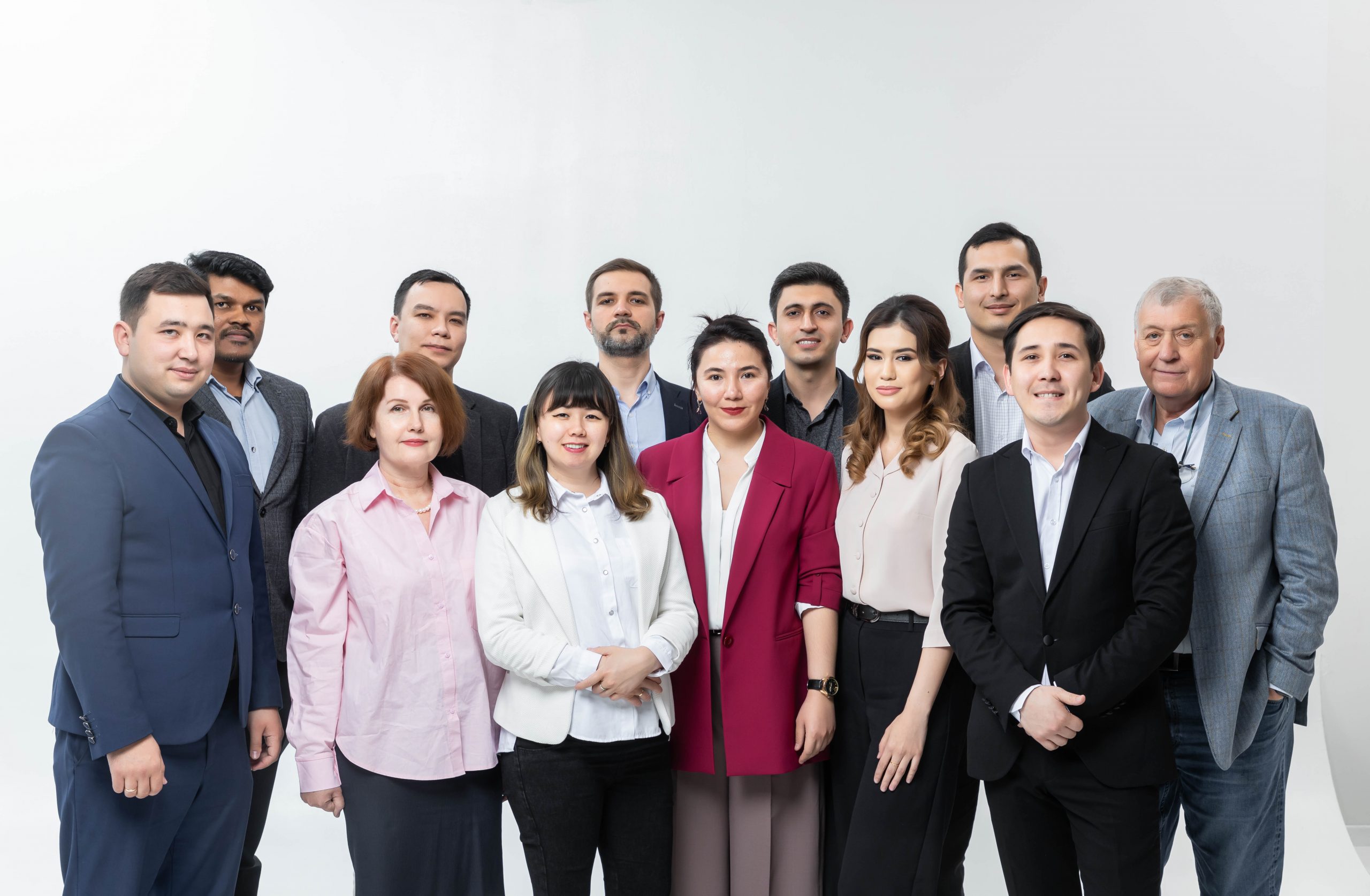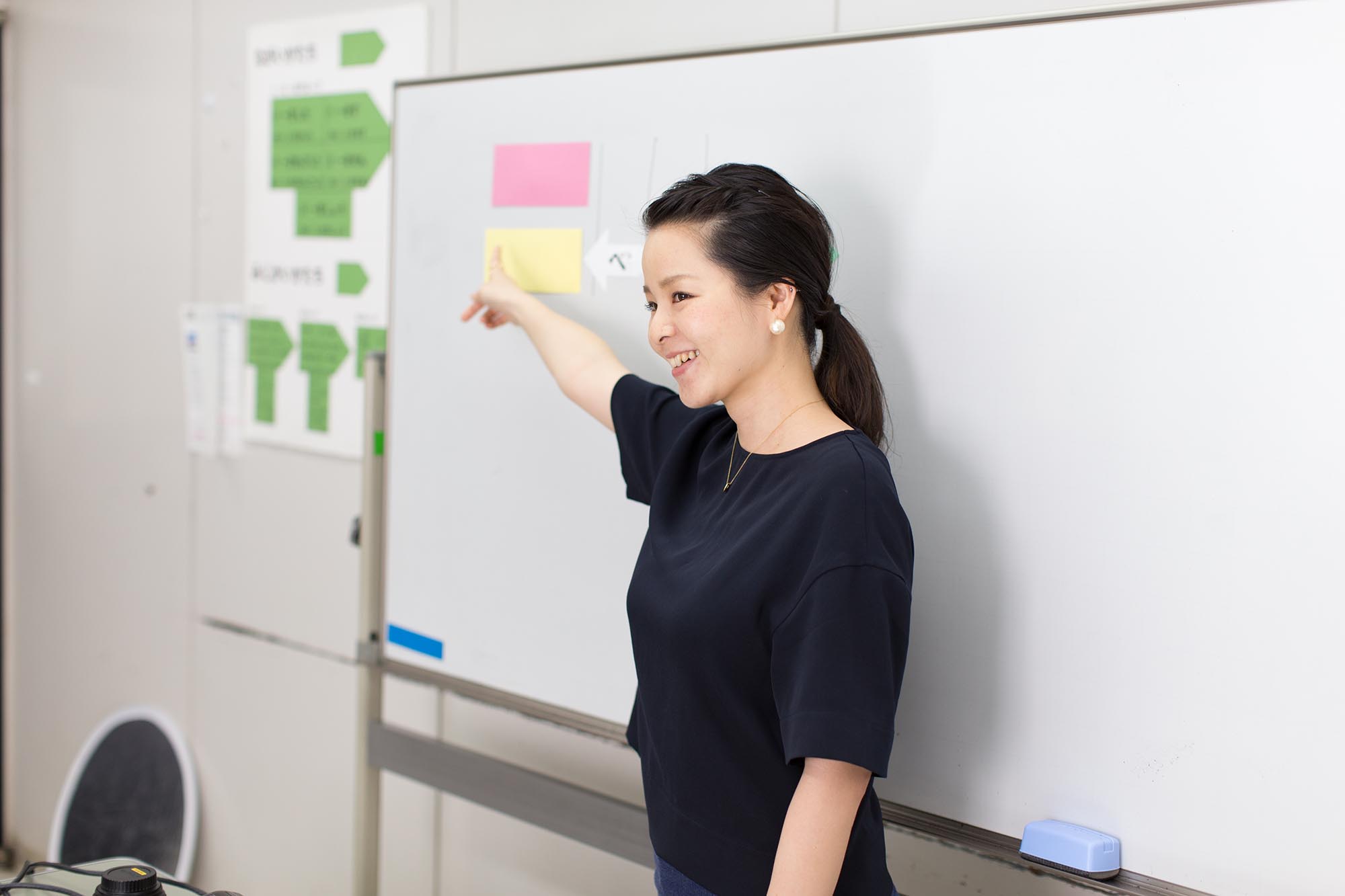Computing and IT
The Computing and Information Technology degree covers a broad range of modern computing topics. In the first year, students learn logic, problem solving, server management, data manipulation, web development, and software design, along with team projects. Year two includes web development, networking, databases, and optional modules like smart systems and human-computer interaction. The final year focuses on advanced topics like networks, database technologies, mobile app development, and IoT, with a practical final year project.
Core Information
| Awarding Body / Institution | University of Wolverhampton |
| Course Title | BSc (Hons) Computing and Information Technology |
| Language of Study | English |
| Intake | September |
| Location of Delivery | IDU Campus, Tashkent, Uzbekistan |
| Category of Partnership | Franchise, TNE |
| Teaching Institution | University of Wolverhampton/International Digital University |
| Full-time | ✅ |
Entry requirements
Do you have more questions?
Entry requirements are subject to regular review. The entry requirements applicable to a particular academic year will be published on the University website (and externally as appropriate e.g. UCAS)
- A Level minimum of BB or CDD.
- BTEC National Diploma grade MMP, BTEC National Certificate grade DM
- BTEC QCF Extended Diploma grade MMP, BTEC QCF Diploma grade DM
- Access to HE Diploma full award (Pass of 60 credits – of which a minimum of 45 credits must be at level 3 including 18 at Merit or Distinction).
- Applicants will normally be expected to hold GCSE English and Maths at grade C+/4 or equivalent
- International entry requirements and application guidance can be found here
- Successful completion of the Foundation course (English medium of instruction) at International Digital University (IDU) guarantees entry on to this course.
- Successful completion of a Foundation year (English medium of instruction) at a recognised institution with 120 credits passed at level 3 guarantees entry on to this course.
- Successful completion of the first year at a university in Uzbekistan with additional evidence of the English level mastery at the level of CEFR B2
Other Requirements
- Requirement: Applicants should have completed at least two years post GCSE level education or be mature students with work experience seeking career advancement. They may undergo standard procedures, including interviews. More details at http://wlv.ac.uk/mature.
- Requirement: Uzbekistani students must have completed at least one year of higher education after secondary school or a Level 3 course (120 credits) with English as the medium of instruction. Proficiency in English equivalent to CEFR B2 level (IELTS 6.0 or equivalent) is required. Proof of secondary education completion is necessary.
- Alternative: Applicants not meeting entry requirements may be offered alternative courses.
Unique Aspects of the Course:
The course is taught by experienced academics who are actively engaged in research and industry collaboration. This ensures students receive up-to-date knowledge and skills transferable to real-world scenarios.
Students have the chance to work with industry experts on certain modules, providing them with practical experience to complement theoretical learning
The program offers part-time internships through the IDU Career Centre, allowing students to gain real-life experience in various companies, potentially on a local, national, or international scale.
Specific extracurricular short courses are offered to BSc (Hons) Artificial Intelligence students, providing additional opportunities to enhance their portfolio and skillset.
For students interested in employment opportunities in Japan, extracurricular Japanese language courses are available. Upon reaching N2 level proficiency and meeting academic performance requirements, students can apply for employment opportunities in Japan through IDU’s partners.
Programme Structure
| Code | Credits | Period | Type |
|---|---|---|---|
| Introduction to Programming and Problem Solving | 20 | Semester 1 | Core |
| Fundamentals of Computing | 20 | Semester 1 | Core |
| Internet Software Architecture | 20 | Semester 1 | Core |
| Title | Credits | Period | Type |
|---|---|---|---|
Information Systems Management | 20 | Semester 2 | Core |
| Introduction to Games Technology for Serious Applications | 20 | Semester 2 | Core |
| Server Management and Virtualisation Programming | 20 | Semester 2 | Core |
,
| Title | Credits | Period | Type |
|---|---|---|---|
| Databases | 20 | Semester 1 | Core |
| Computer Networking | 20 | Semester 1 | Core |
| Web Development | 20 | Semester 1 | Core |
| Title | Credits | Period | Type |
|---|---|---|---|
| Collaborative Development | 20 | Semester 2 | Core |
| Advanced Databases | 20 | Semester 2 | Core |
| Network Security | 20 | Semester 2 | Core |
| Human – Computer Interaction Programming | 20 | Semester 2 | Core |
,
| Title | Credits | Period | Type |
|---|---|---|---|
| Systems Architecture and Internet of Things | 20 | Semester 1 | Core |
| Complex Systems | 20 | Semester 1 | Option |
| Emerging Interactive Technologies | 20 | Semester 1 | Option |
| Project and Professionalism | 20 | Semester 1 | Core |
| Title | Credits | Period | Type |
|---|---|---|---|
| Advanced Web Development | 20 | Semester 2 | Core |
| Big Data | 20 | Semester 2 | Core / Option |
| Advanced Networks | 20 | Semester 2 | Core / Option |
| Project and Professionalism | 20 | Semester 2 | Core |
Teaching, Learning and Assessment
By completing the course, the successful student will be able to:
Include here the learning activities, assessment methods (formative and summative) and support for learning which will support the achievement of the learning outcomes listed above.
Digitally Literacy: All Computer Science graduates will surely be users of advanced technologies. However, on your course you will develop your skills to encompass literacy more fully such as learning how to find information and how to take best advantage of digital resources and the Internet to make you effective in the Information Age.
Global Citizenship: On each level of your course you will learn about social, legal and ethical aspects of Computing, which will broaden your understanding of the way the world works and how communication and collaboration are evolving.
Knowledgeable and Enterprising: Throughout your course you will build up your professional and employability skills and learn to apply the knowledge you have acquired in an enterprising way. You will constantly nurture your own intellectual curiosity. The tools, methodologies and techniques that you will learn have been carefully selected to prepare you with the skills that employers demand and the opportunities for work-based learning and placements will allow you to gain the vital experience that they often expect.
University Support:
Do you have more questions?
Access to physical and online academic resources, including books, journals, and databases. Various study areas are available, catering to different preferences such as social, quiet, and silent zones.
The University’s Student Support website offers guidance on a wide range of topics including careers, counseling, and student union advice. Appointments can be booked for personalized assistance with services such as career counseling and academic support.
Course Specific Support:
Each student is assigned a personal tutor who provides guidance and academic counseling throughout the year. These tutors help students navigate through their academic journey and provide support in liaising with other staff and support facilities.
This office offers academic support and assistance with administrative matters. Students can discuss timetables, extensions, extenuating circumstances, and program planning through appointments.
Opportunities for interaction with staff through tutorials, workshops, seminars, and meetings are provided. These sessions are focused on topics relevant to modules and aim to provide face-to-face support. Additionally, formative feedback and assessment surgeries aid students in understanding course material better.
Extracurricular Activities:
The university offers a variety of extracurricular activities related to students’ areas of study. These activities are beneficial for building resumes, gaining relevant knowledge, and acquiring skills aligned with students’ interests. Students are encouraged to take advantage of these opportunities for holistic development.
University Support:
Access to physical and online academic resources, including books, journals, and databases. Various study areas are available, catering to different preferences such as social, quiet, and silent zones.
Students can participate in workshops and seek one-to-one assistance for enhancing academic skills like writing and referencing. Online resources are also accessible through the Skills for Learning website.
The University’s Student Support website offers guidance on a wide range of topics including careers, counseling, and student union advice. Appointments can be booked for personalized assistance with services such as career counseling and academic support.
Course Specific Support:
Each student is assigned a personal tutor who provides guidance and academic counseling throughout the year. These tutors help students navigate through their academic journey and provide support in liaising with other staff and support facilities.
This office offers academic support and assistance with administrative matters. Students can discuss timetables, extensions, extenuating circumstances, and program planning through appointments.
Opportunities for interaction with staff through tutorials, workshops, seminars, and meetings are provided. These sessions are focused on topics relevant to modules and aim to provide face-to-face support. Additionally, formative feedback and assessment surgeries aid students in understanding course material better.
Career Centre:
The Career Centre at IDU ensures students gain real-life industrial experience and facilitates employment opportunities upon graduation. Training programs focusing on employability skills and personal branding are available to students.
Extracurricular Activities:
The university offers a variety of extracurricular activities related to students’ areas of study. These activities are beneficial for building resumes, gaining relevant knowledge, and acquiring skills aligned with students’ interests. Students are encouraged to take advantage of these opportunities for holistic development.
| Tuition Fees | |||
|---|---|---|---|
| Year | Status | Mode | Amount |





